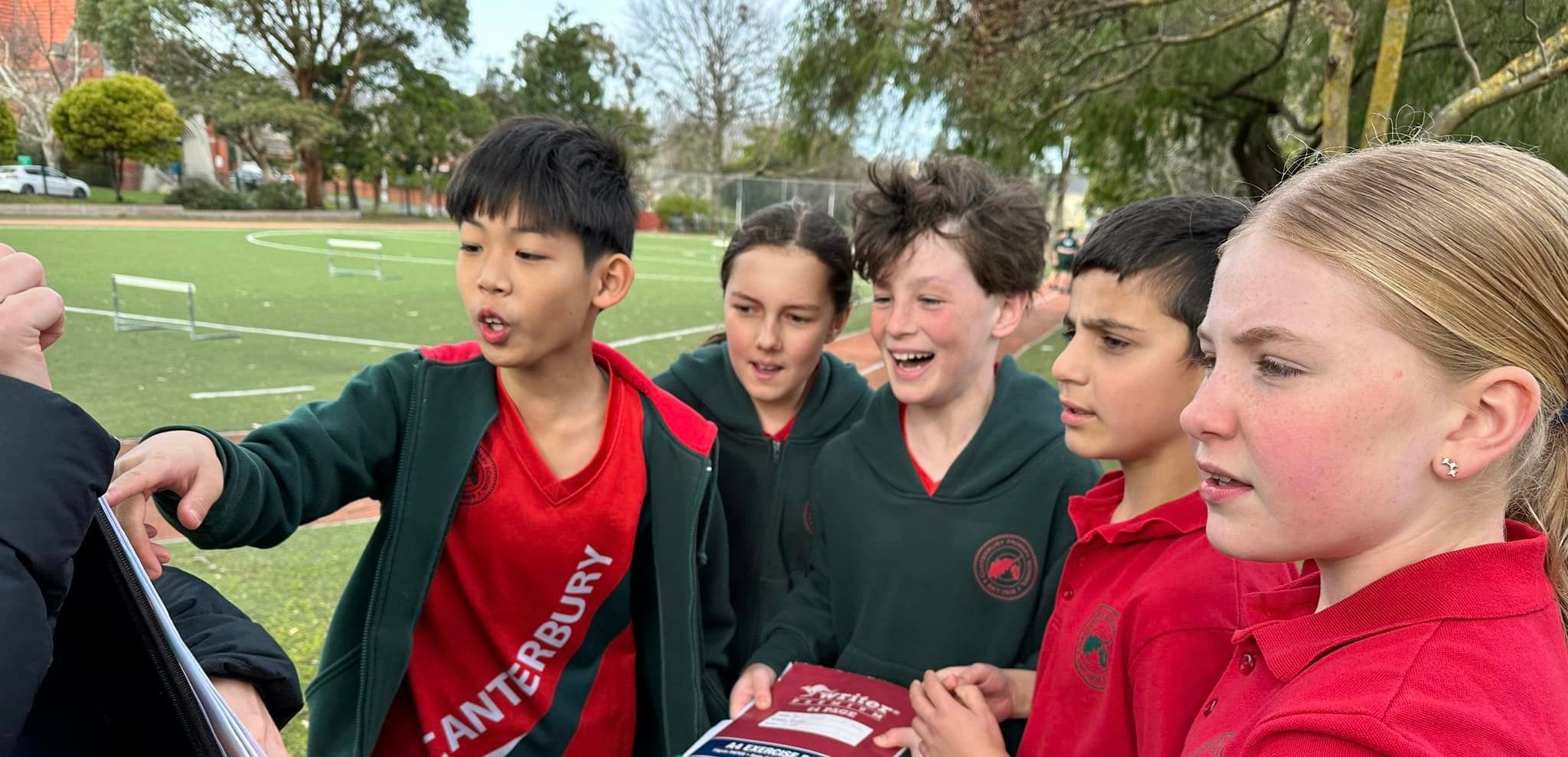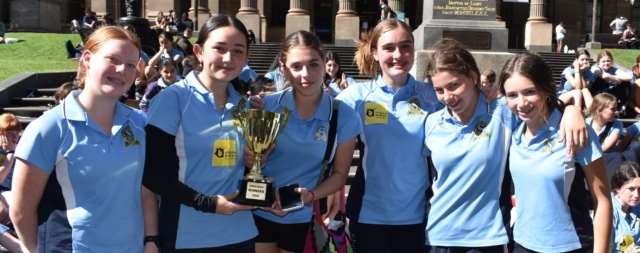In the bustling world of primary education, where young minds are nurtured and future leaders are shaped, the significance of team building activities cannot be overstated. These activities are not mere games but rather powerful tools that help young students develop essential life skills while fostering a sense of unity and cooperation.
Primary school team building activities enable younger students to start practising important life skills such as communicating, socialising, and problem-solving early on in life. In particular, when navigating unknown and uncertain situations that involve different kinds of challenges.
In this article, we will explore the profound importance of team building activities for primary school students and provide valuable insights supported by research.
1. Enhancing Social Skills
One of the primary benefits of team building activities for primary school students is the improvement of their social skills. As students engage in activities that require cooperation and interaction, they learn valuable lessons about effective communication, empathy, and active listening. These skills lay the foundation for successful social interactions not only in school but also in their future careers and personal lives.
Research by the American Educational Research Journal highlights that collaborative activities in primary education contribute significantly to the development of social skills. These activities create an environment where students learn to respect diverse perspectives and work harmoniously with their peers.
2. Building Self-Confidence
Team building activities offer young students the opportunity to step out of their comfort zones and take on new challenges. This process can significantly boost their self-confidence and self-esteem. When students successfully accomplish tasks as a team, they gain a sense of achievement, reinforcing their belief in their abilities.
Studies published in the Journal of Educational Psychology emphasize the positive correlation between participation in cooperative activities and increased self-confidence among primary school students. These activities provide a safe space for students to learn from their mistakes, take on leadership roles, and celebrate their accomplishments.
3. Promoting Problem-Solving Skills
Effective problem-solving is a critical life skill, and school team building activities serve as excellent platforms for honing this ability. When faced with challenges during these activities, students must collaborate, analyze problems, and devise solutions as a team. This process stimulates their critical thinking skills and encourages creativity.
According to the Educational Psychology International Journal, team-based problem-solving activities in primary education are associated with improved cognitive development. Students develop a deeper understanding of complex issues and are more inclined to explore innovative solutions.
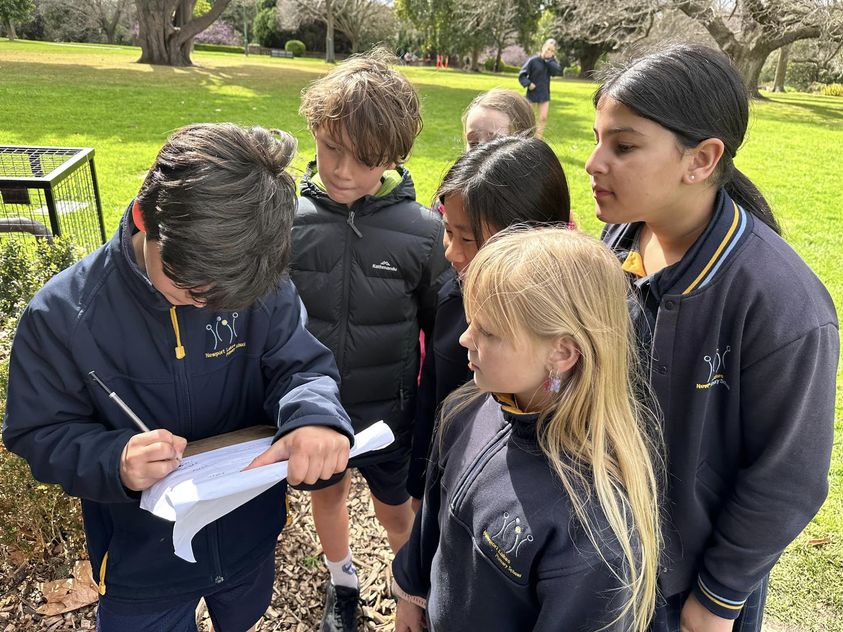
4. Encouraging Healthy Competition
School team building activities often involve an element of friendly competition, which can be highly motivating for primary school students. Healthy competition encourages students to strive for excellence and perform at their best. It teaches them that success is not just about winning but also about giving their all and learning from both: victories and defeats.
Research conducted by the National Association for Sport and Physical Education demonstrates that well-structured competitive activities can enhance students’ physical, mental, and emotional well-being. Such activities can also instil important values like sportsmanship and fair play.
5. Fostering Inclusivity
Team building activities are inclusive by nature, providing opportunities for all students, regardless of their academic abilities or physical prowess, to participate actively. This inclusivity sends a powerful message of acceptance and belonging, reducing feelings of isolation and fostering a sense of unity among students.
The Journal of Applied Psychology emphasizes the importance of inclusivity in primary education. It states that activities that promote inclusivity help in the development of a positive and accepting school environment, where every student feels valued and appreciated.
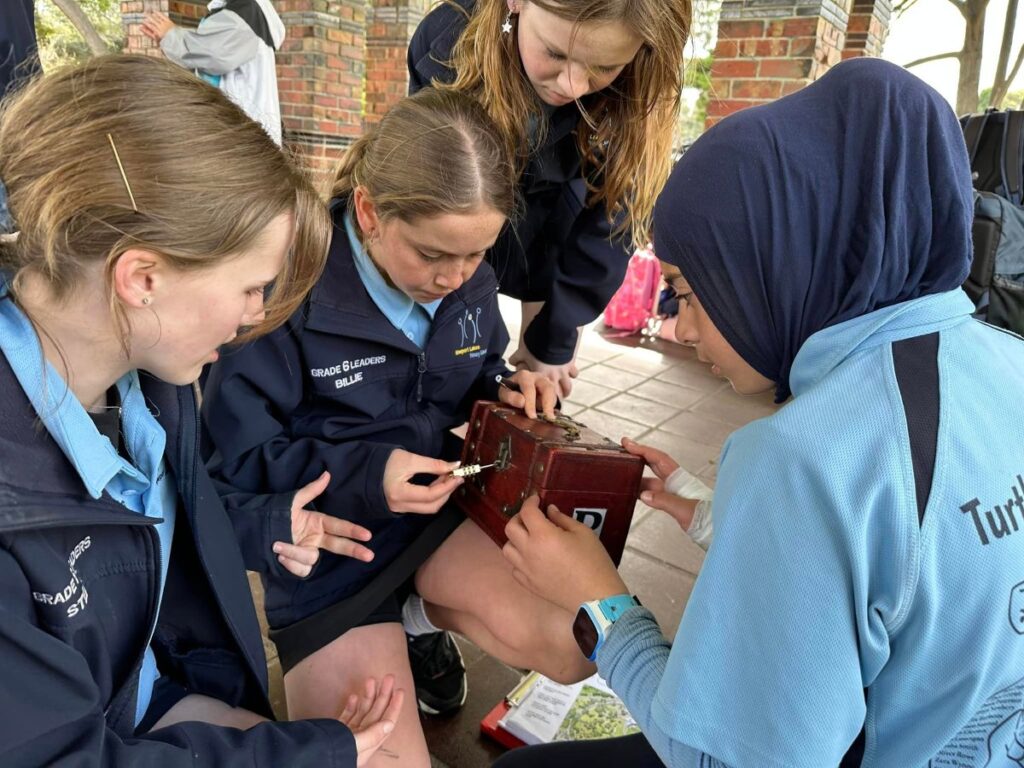
6. Strengthening Teacher-Student Relationships
Team building activities also offer a unique chance for teachers to connect with their students on a personal level. Engaging in these activities side by side allows teachers to understand their students’ strengths, weaknesses, and personalities better. This, in turn, can lead to more effective teaching strategies and a positive classroom atmosphere.
Studies published in the Journal of Educational Psychology highlight the importance of positive teacher-student relationships in primary education. These relationships are pivotal in fostering students’ academic success and emotional well-being.
7. Creating Lasting Memories
Beyond the educational benefits, school team building activities create lasting memories for primary school students. These memorable experiences not only make learning enjoyable but also motivate students to actively participate in school activities. Positive memories associated with school can have a long-lasting impact on students’ attitudes toward education.
Research in the International Journal of Educational Research and Reviews indicates that students who have positive memories of their primary school years tend to be more engaged in their studies and have a greater sense of attachment to their school community.
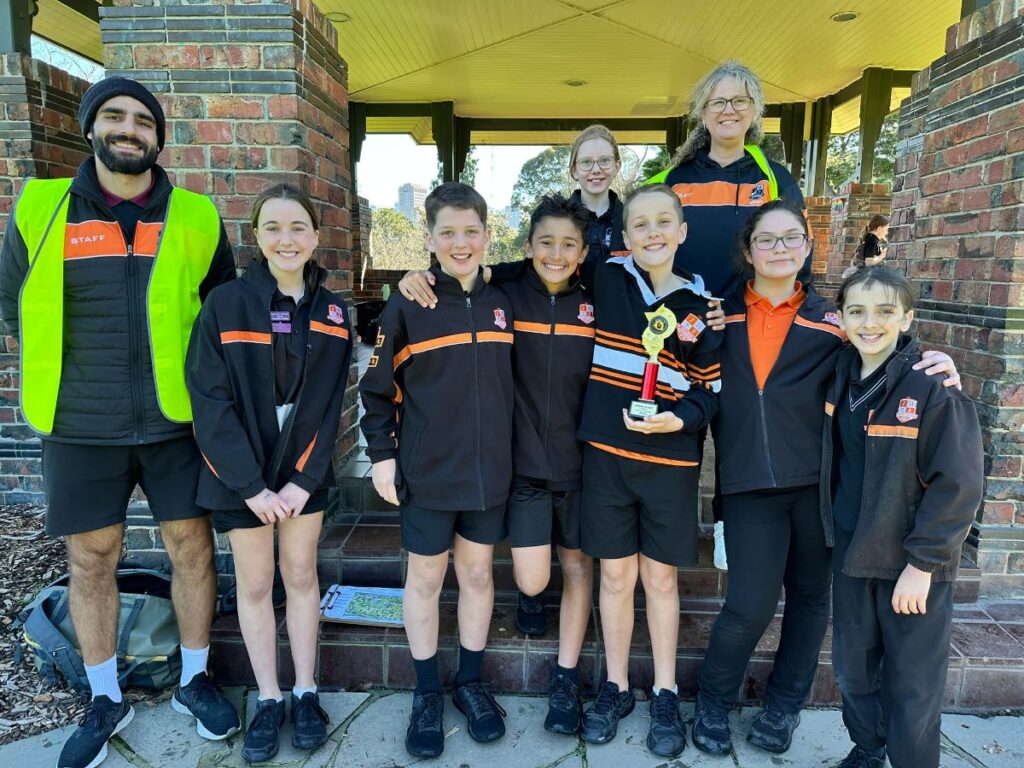
Unlocking Lifelong Skills: Urban Quest Team Building Adventures
In the world of primary school, Urban Quest’s team building adventures are not your run-of-the-mill activities. They’re like secret skill vaults for kids! They’re all about fun, but they also sneakily teach some super important life skills – and we’re not talking about your usual classroom stuff. We’re talking about real-life skills that will help these little adventurers conquer life’s big challenges in the future.
The Art of Communication
So, here’s the scoop: one of the coolest things kids can learn from being part of a team is how to talk and listen effectively. Now, we know, they already know how to talk, but Urban Quest takes it up a notch. It’s not just about talking; it’s about connecting with others in a meaningful way. It’s like learning a secret language for the heart and mind.
First up, listening. In a team, kids have to listen to their leaders to understand their roles – it’s like getting the inside scoop on the game plan. Then, they have to listen to their teammates because teamwork is all about unity. But here’s the kicker – they also learn to listen to their opponents. It’s like decoding social cues and mastering the art of reading between the lines. These are skills that will come in super handy down the road.
Boosting Confidence
Picture this: even the quietest kid in the team suddenly starts shining. Urban Quest’s adventures encourage every kid to step up and be a hero. And guess what? This hero moment seriously boosts their confidence. Plus, when more team members join in, the whole team performs better. It’s like a big group high-five where everyone feels valued and respected, and that’s like a confidence rocket.
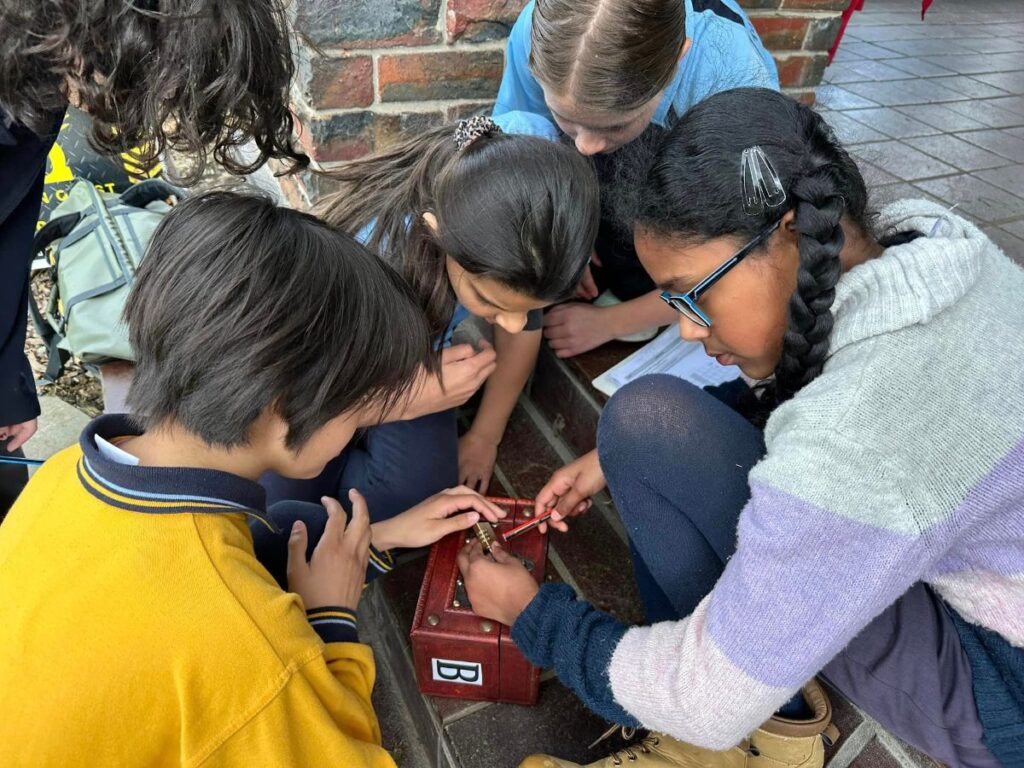
Bullying-Proofing
Ever wondered why bullies back off when you’re part of an awesome team? It’s because teams create a magical feeling of being cared for and supported. Bullies can’t touch that! Being part of a team gives kids a sense of worth that’s like a superpower. So when a future bully tries to rain on their parade, it’s like trying to put out a bonfire with a water pistol – it just won’t work.
Urban Quest teams also help kids tackle conflicts and difficulties like seasoned pros. They become the cool, calm, and collected heroes who stand up for what’s right. And because of all the teamwork, they also get super good at respecting others, making it a breeze to communicate and offer support.
Future-Proofing Success
Fast forward to adulthood – there aren’t many jobs where you don’t have to work with others. Good thing that the kids who’ve been on Urban Quest adventures know their teamwork ABCs! They’re the ones who make everyone happy at work because they’re awesome at working with others. And guess what? Bosses love that! Happy and productive employees create a cycle of awesomeness – better performance, fatter paychecks, more promotions, and bigger smiles all around.
So, in a nutshell, Urban Quest’s school team building activities are not just about having a blast; they’re like secret keys to lifelong success. Kids learn skills that will stay with them forever, turning them into confident, awesome, and super-friendly adults who are ready to take on whatever life throws their way. Urban Quest doesn’t just create moments of fun; it creates super skills for a lifetime.
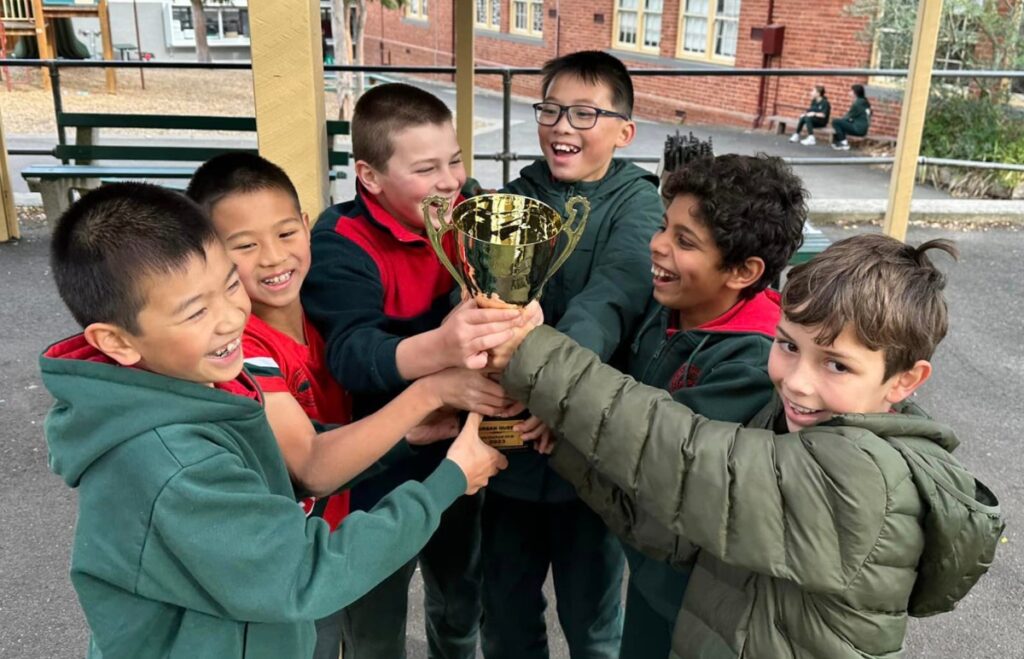
In Conclusion
Team building activities for primary school students are more than just fun and games; they are essential for personal and social development. These activities promote the development of vital life skills, including social interaction, problem-solving, self-confidence, and critical thinking. Furthermore, they create a sense of belonging and inclusivity among students, enhance teacher-student relationships, and leave students with cherished memories of their primary school years.
As educators in Australia, it is our responsibility to recognise the profound importance of team building activities and incorporate them into our curriculum. By doing so, we empower our students to become well-rounded individuals who are not only academically successful but also socially adept and confident in facing the challenges of the future. Team building activities are not just a part of education; they are the foundation upon which future success is built.
Have a sneak peek at primary school students being engaged in Urban Quest team building activities in the video below!
Contact Urban Quest to explore possibilities for school team building activities for primary school students.
